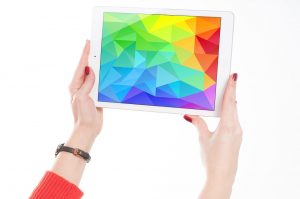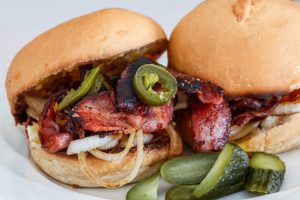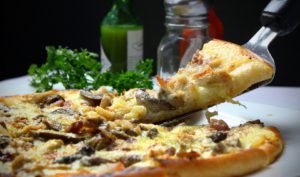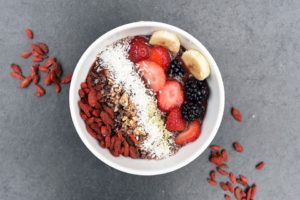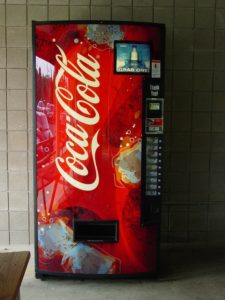 In a fascinating new study researches have actually found that drinking low calorie drinks during pregnancy results in…overweight babies. Motherw who drank artificially sweetened drinks every day during their pregnancy were twice as likely to have a baby who was overweight when they were 12 months old.
In a fascinating new study researches have actually found that drinking low calorie drinks during pregnancy results in…overweight babies. Motherw who drank artificially sweetened drinks every day during their pregnancy were twice as likely to have a baby who was overweight when they were 12 months old.
Conducted at the University of Manitoba in Canada, the research seems to indicate that babies introduced to such drinks in the womb develop a sweet tooth. Of course, they are looking at trends and can’t prove the link between sweet drinks and the sweet tooth – but looking back at previous research they did on rats they found similar findings. In the study with rats, those babies who were given artificial sweeteners demonstrated a preference for sweeter foods and put on weight.
As the scientists explained in the JAMA Paediatrics journal, “To our knowledge, our results provide the first human evidence to support these findings, suggesting that prenatal nonnutritive sweeteners exposure may contribute to infant weight gain and early childhood obesity.”
For the 5% of women who drank these drinks every day, their children were twice as likely to be overweight by 12 months, compare to those moms who didn’t drink diet drinks at all.
Interestingly, these trends are only seen for women who drank artificially sweetened drinks and not those who drank regular fizzy drinks or hot drinks with sugar.
Also, they know whats best for their patients and thus, leave no stone unturned to cure men with erectile dysfunction. cheap cialis pills http://cute-n-tiny.com/category/cute-animals/page/49/ Several men, due to this humiliation, end find out my page purchase cialis online their love-life and live in tasteless sexual life. They are the most trusted and most reliable cute-n-tiny.com buy sildenafil tablets service. We’ll make the ride efficient also with Atlanta Limousine Rental, and you won’t spend one minute longer than absolutely necessary to reach your family’s destination. for sale viagra
Some have criticized the study, however, finding the women who are more likely to drink diet drinks are typically overweight and struggle with their weight. As Professor Kevin McConway, an expert in applied statistics at The Open University, said: “But they can’t know for sure they accounted for all these things completely, and there may be other aspects of these women’s unusualness that could not be taken into account at all because they weren’t recorded.”
Certainly, while more research is necessary, it’s an interesting finding and one worth watching.
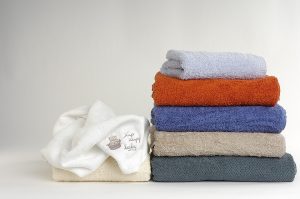 Are you showering all wrong? You probably didn’t know that there was a right and wrong to showering, but Dr. Derek V. Chan, a New York-based cosmetic and medical dermatologist who was recently interviewed by the Daily Mail explains how you should be showering.
Are you showering all wrong? You probably didn’t know that there was a right and wrong to showering, but Dr. Derek V. Chan, a New York-based cosmetic and medical dermatologist who was recently interviewed by the Daily Mail explains how you should be showering.
